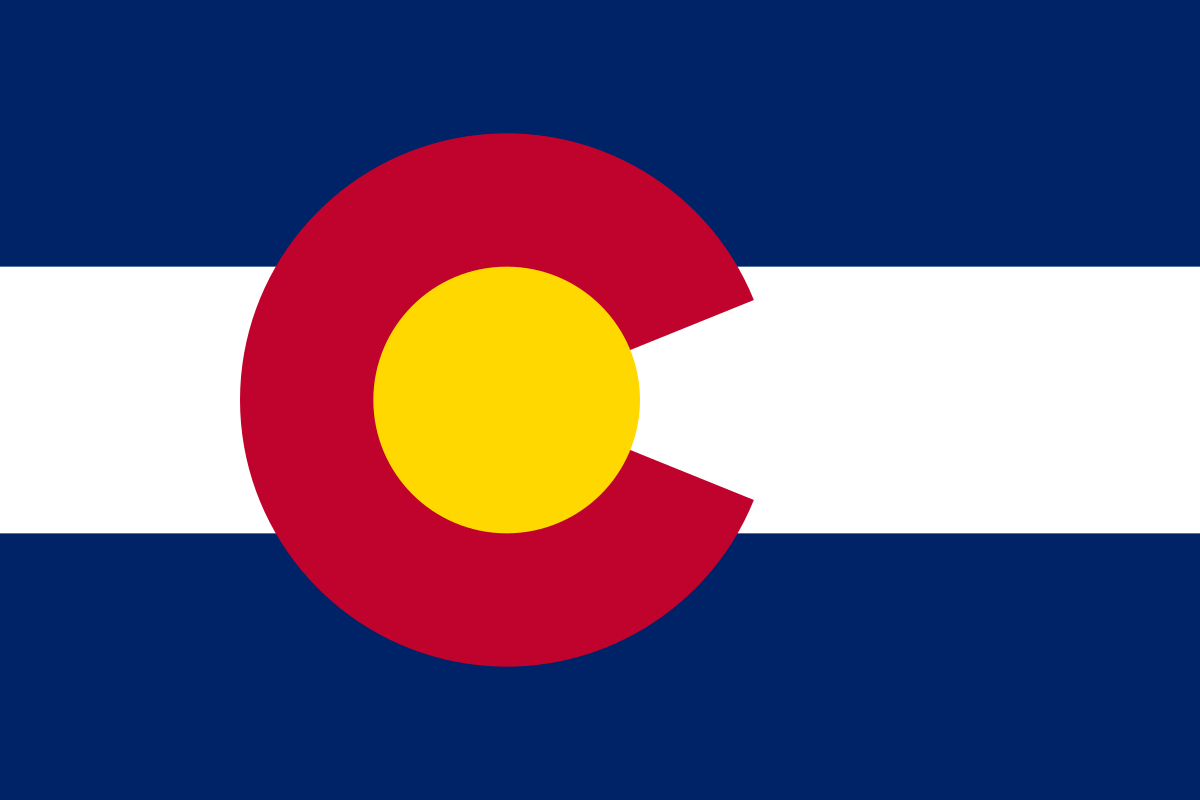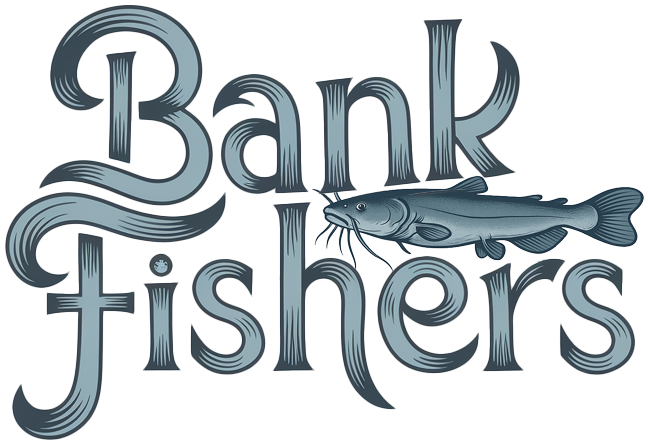
Colorado Fishing License
Imagine casting your line into Colorado’s pristine waters, surrounded by breathtaking mountain views. Whether you’re a seasoned angler or just starting out, fishing in Colorado is an experience like no other. But before you grab your rod and reel, there’s one essential step you can’t skip—a fishing license.
In Colorado, anyone aged 16 or older must have a valid fishing license to fish legally. These licenses aren’t just a formality; they play a vital role in preserving the state’s thriving aquatic ecosystems. The funds collected from licensing directly support conservation projects, ensuring that future generations can enjoy the same vibrant fishing opportunities.
Why You Need a Colorado Fishing License
A Colorado fishing license ensures legal access to the state's waters for anyone aged 16 or older. This requirement applies year-round, except during free fishing days on the first full weekend of June.
Funds from your license directly support conservation projects. These projects maintain fish populations, protect aquatic habitats, and promote environmental sustainability. Licensing fees also fund hatcheries and research into best practices for preserving ecosystems.
Having a valid license demonstrates respect for state regulations. It helps avoid fines while contributing to efforts that keep Colorado's waters thriving for future generations.
Who Needs a Fishing License

Anyone aged 16 or older must have a Colorado fishing license to fish legally in the state. This requirement applies to both residents and non-residents. Exceptions exist only during free fishing days, typically held on the first full weekend of June each year.
A combination of fishing and hunting licenses is available if you participate in both activities. Additionally, anglers aged 18 to 64 must purchase a $10.59 Habitat Stamp with their first license of the season unless they're disabled or exempt by law.
Having a valid Colorado fishing license ensures compliance with state regulations while supporting conservation projects that preserve aquatic habitats and maintain healthy fish populations.
Types of Fishing Licenses in Colorado

Colorado offers various fishing licenses to suit different needs. These licenses differ based on age, residency, and duration.
- Resident Licenses: If you've lived in Colorado for at least six months, you're eligible for a resident license. Residents aged 18 to 64 pay $41.83 annually. Discounts apply for residents aged 16-17 or 65 and older, with an annual fee of $11.47.
- Nonresident Licenses: Nonresidents pay higher fees compared to residents. The annual nonresident license costs $117.14 regardless of age.
- Daily and Multi-Day Licenses: For short-term fishing trips, one-day passes cost $16, while five-day passes range up to $38. These options are ideal if you fish occasionally or are visiting the state.
- Second-Rod Stamp: You can purchase a second-rod stamp for $12.68 if you'd like to use two rods simultaneously during your trip.
Each license type contributes directly to conservation efforts through its fees, ensuring sustainable fishing opportunities across Colorado's waters.
How to Get a Colorado Fishing License

Obtaining a Colorado fishing license is essential for anglers aged 16 and older. You can secure your license through online platforms or in-person locations based on your preference.
Where to Purchase
- Online: Visit the Colorado Parks and Wildlife (CPW) website to purchase your fishing license. The site allows you to select the type of license, make payments, and print it immediately after purchase.
- In-Person: Licenses are available at CPW offices or authorized retailers such as outdoor shops, fly fishing stores, and sporting goods stores.
Steps to Purchase Online or In-Person
- Online Process:
- Go to the CPW official website.
- Select "Fishing License" from the menu.
- Enter personal details like name, age, and residency status.
- Choose the desired license type (e.g., annual, one-day).
- Complete payment using a credit card.
- Print your license for immediate use.
- In-Person Process:
- Locate an authorized retailer or CPW office nearby.
- Provide identification proving age and residency if applicable.
- Specify the duration of the desired license (annual or short-term).
- Pay with cash or card based on store policy.
- Receive your printed fishing license directly from staff.
Cost of a Colorado Fishing License

The cost of a Colorado fishing license varies based on residency, age, and additional preferences. Understanding the fees ensures you're prepared for your fishing experience in the state.
Resident vs Non-Resident Fees
If you're a resident of Colorado for at least six months, you qualify for lower-priced licenses. An annual license costs $41.83 for residents aged 18 to 64, while seniors aged 65 and older pay $11.47 annually. Youths aged 16 to 17 can purchase an annual youth license for $10.23. Non-residents pay higher fees, with an annual license priced at $117.14 regardless of age. For short-term options, one-day licenses start at $16 and extend up to five days for both residents and non-residents at varying prices.
Additional Stamps and Tags
A Habitat Stamp is mandatory with your first seasonal license if you're between 18 and 64 years old, costing $12.15 annually or $364.63 for a lifetime stamp. Disabled individuals are exempt from this requirement by law. A second-rod stamp is available for all anglers at $12.68 if you'd like to use two rods simultaneously during your trip but does not increase bag limits.
Fishing Rules and Regulations to Know

Understanding fishing rules ensures legal and responsible angling in Colorado. The regulations help maintain fish populations and protect aquatic ecosystems.
Licensing Requirements by Age and Residency
Anyone aged 16 or older must have a valid Colorado fishing license. Residents who have lived in the state for at least six months can purchase licenses at reduced fees, with annual costs of $41.83 for adults aged 18 to 64, $11.47 for seniors aged 65 or older, and $10.23 for youths aged 16 to 17. Nonresidents pay higher rates, including $117.14 for an annual license. Youths under age 16 can fish without a license but should still follow all other regulations.
A Habitat Stamp costing $10.59 is required with your first license purchase of the season if you're between ages 18 and 64 unless exempt by law.
Seasonal Restrictions and Limits
Fishing seasons vary based on species to preserve spawning cycles and population health. Some species may have closed seasons during specific times of the year, so check current restrictions before planning your trip.
Bag limits regulate how many fish you can keep daily depending on species and water body conditions. For example, trout limits often range from two to four per day in designated waters across Colorado's streams or reservoirs.
Always review the latest statewide bag limits and seasonal closures available through the Colorado Parks & Wildlife (CPW) website or their printed handbook when obtaining your fishing license.
How Your License Supports Colorado's Fisheries

A Colorado fishing license directly funds the conservation of aquatic ecosystems. The revenue helps maintain healthy fish populations, protect habitats, and support research initiatives. These efforts ensure sustainable fishing opportunities for future generations.
The funds also contribute to operating hatcheries that stock over 35 fish species in Colorado's waters. With more than 6,000 miles of streams and 1,300 lakes and reservoirs, these programs sustain diverse recreational fishing experiences.
Your license fee aids projects combating invasive species like mussels and plants that threaten water resources. These measures preserve biodiversity and prevent ecological damage.
Purchasing a license shows compliance with state regulations while funding programs that educate anglers and promote responsible practices. This includes encouraging youth and women to engage in fishing activities within regulated environments.
Every dollar spent on a Colorado fishing license supports preserving natural resources while enhancing your angling experience.
Protecting Colorado’s Waterways and Fisheries

A Colorado fishing license supports the preservation of aquatic ecosystems. Funds from licenses help manage 6,000 miles of streams and 1,300 lakes and reservoirs. These efforts include maintaining healthy fish populations, improving habitats, and stocking over 90 million fish annually.
Conservation projects funded by fishing licenses combat invasive species like mussels and plants. Cleaning, draining, and drying your gear after each use prevents their spread. This protects biodiversity while preserving recreational opportunities.
Licensing revenue funds research on native species' needs and sustains hatcheries that stock 35 fish species in Colorado waters. By purchasing a license, you contribute to habitat restoration and public access initiatives across the state.
Following state regulations ensures sustainable fishing practices for future generations. Bag limits protect fish populations during critical spawning periods. Compliance with these rules is vital for balancing recreation with environmental conservation.
Frequently Asked Questions

Can I get a Colorado fishing license online?
You can purchase a Colorado fishing license online through the Colorado Parks and Wildlife (CPW) website. The process involves selecting the type of license, entering your personal details, and completing payment. Once purchased, you can print your license immediately or save an electronic copy on your device.
What is the fine for not having a fishing license in Colorado?
Fishing without a valid Colorado fishing license results in fines starting at $50 plus surcharges. Additional penalties may apply depending on circumstances like repeat offenses or other violations of state regulations.
What is the cost of a Colorado fishing license?
The cost varies based on factors like residency, age, and duration:
| License Type | Resident Price ($) | Nonresident Price ($) |
|---|---|---|
| Annual (Ages 18-64) | 41.83 | 117.14 |
| Senior Annual (65+) | 11.47 | Not Applicable |
| Youth Annual (16-17) | 10.23 | Not Applicable |
| One-Day Pass | Starting at 14 | Starting at 16 |
| Five-Day Pass | Varies | Varies |
A Habitat Stamp costing $10.59 is required for residents and nonresidents aged 18 to 64 with their first purchase unless exempt by law.
Do disabled people get a free fishing license in Colorado?
Colorado residents with permanent disabilities can apply for free lifetime fishing licenses through CPW programs. Veterans with service-connected disabilities rated at least 60% also qualify for lifetime combination small game and fishing licenses at no charge under specific eligibility requirements.
Can I fish in Colorado without a fishing license?
A fishing license is required for anyone aged 16 or older to fish legally in Colorado. The only exception is during free fishing days, which occur on the first full weekend of June each year.
How many fish can you legally catch in Colorado?
Bag limits depend on species and location, typically ranging from two to four trout per day in designated waters. It’s essential to check the latest regulations provided by Colorado Parks and Wildlife (CPW) to ensure compliance.
What is an extra rod stamp in Colorado?
An extra rod stamp allows anglers to use two rods simultaneously while fishing in Colorado. This optional add-on costs $12.68 and must be purchased with your fishing license.
Do seniors need a fishing license in Colorado?
Yes, seniors aged 65 and older require a fishing license but enjoy discounted rates of $11.47 annually if they are residents of Colorado.
How do I purchase a Colorado fishing license?
You can buy a fishing license online through the CPW website, at CPW offices, or from authorized retailers across the state. Online purchases involve selecting your desired license type, entering personal details, and completing payment securely.
What happens if you fish without a valid license in Colorado?
Fishing without a valid license can result in fines starting at $50 plus surcharges. It’s important to comply with state regulations by obtaining the appropriate license before heading out.
How does purchasing a fishing license help conservation efforts?
Revenue from licenses funds vital conservation projects that maintain healthy fish populations, protect aquatic habitats, combat invasive species, support hatcheries stocking over 35 fish species, and promote environmental education programs statewide.
📍 Nearby States
No nearby states found.
Current state: CO


